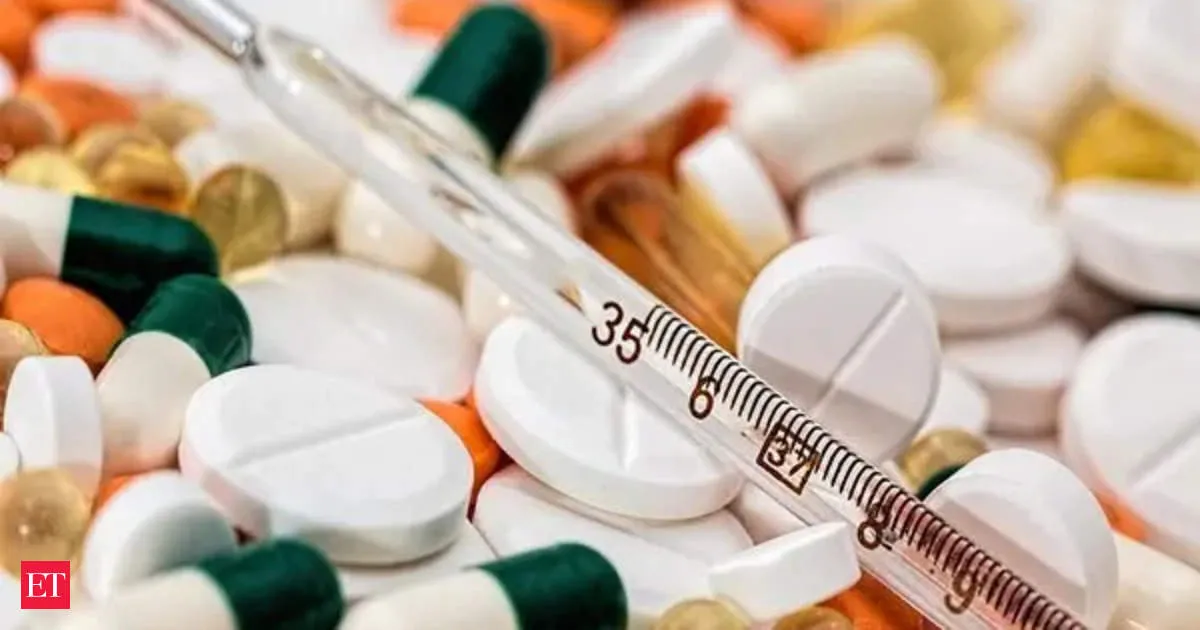Counterfeit Drugs: Indian Pharmaceutical Alliance Appeals for Stronger Regulations

Counterfeit Drugs: A Growing Concern
Counterfeit drugs present a significant danger to consumer safety and public health. The Indian Pharmaceutical Alliance (IPA), representing major drug manufacturers, is advocating for law enforcement agencies to be granted greater powers to combat the proliferation of counterfeit drugs. In their recent petition to the Supreme Court, the IPA is urging the government to formulate clear guidelines for registering First Information Reports (FIRs) and outlining the procedures involved in arresting individuals involved in the production and sale of counterfeit drugs.
Challenges in Enforcement
Recent allegations have surfaced indicating that police forces are often reluctant to collaborate with state drug inspectors in tackling this serious issue. This reluctance was exacerbated by a 2020 Supreme Court ruling that restricted police actions against counterfeit drug manufacturers. Due to these constraints, drug inspectors lack the necessary support and training to effectively confront operations producing counterfeit drugs. As a result, the absence of stringent enforcement has inadvertently contributed to a notable increase in counterfeit and spurious drugs on the market.
Response from the Industry
- The IPA represents companies like Torrent, Sun Pharma, and others.
- In August, a crackdown by regulators discovered that over 50 well-known brands were found to be 'not of standard quality' (NSQ).
- Manufacturers denying involvement stress that these low-quality products are instead produced by illegitimate sources.
To address the growing misconception surrounding NSQ drugs, the IPA emphasizes that these products, although ineffective, should not be conflated with counterfeit drugs that are entirely devoid of active ingredients.
Disclaimer: The information provided on this site is for informational purposes only and is not intended as medical advice. We are not responsible for any actions taken based on the content of this site. Always consult a qualified healthcare provider for medical advice, diagnosis, and treatment. We source our news from reputable sources and provide links to the original articles. We do not endorse or assume responsibility for the accuracy of the information contained in external sources.
This article was prepared using information from open sources in accordance with the principles of Ethical Policy. The editorial team is not responsible for absolute accuracy, as it relies on data from the sources referenced.